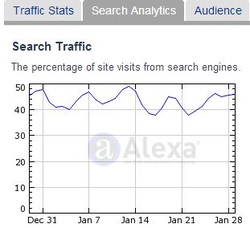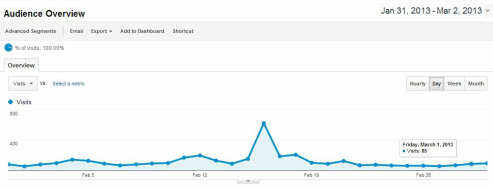
Turow on Amazon/Goodreads: This is how modern monopolies can be built
By Scott Turow
Author's Guild Blog Post 3/29/2013
Amazon’s garden walls are about to grow much higher. In a truly devastating act of vertical integration, Amazon is buying Goodreads, its only sizable competitor for reader reviews and a site known for the depth and breadth of its users’ book
recommendations. Recommendations from like-minded readers appear to be the Holy Grail of online book marketing. By combining Goodreads’ recommendation database with Amazon’s own vast databases of readers’ purchase histories, Amazon’s control of online bookselling approaches the insurmountable.
“Amazon’s acquisition of Goodreads is a textbook example of how modern Internet monopolies can be built,” said Scott Turow, Authors Guild president. “The key is to eliminate or absorb competitors before they pose a serious threat. With its 16 million subscribers, Goodreads could easily have become a competing on-line bookseller, or played a role in directing buyers to a site other than Amazon. Instead, Amazon has scuttled that potential and also squelched what was fast becoming the go-to venue for on-line reviews, attracting far more attention than Amazon for those seeking independent assessment and discussion of books. As those in advertising have long known, the key to driving sales is controlling information.”
One example should make it clear how formidable this combination is. For “Animals Make Us Human” by Temple Grandin and Catherine Johnson, Amazon has 123 customer reviews, and B&N has about 40 (they report 150, but that figure includes ratings as well as reviews). Goodreads swamps these figures, with 469 reviews and 2,266 ratings for the book.
As an independent platform, Goodreads, with its 16 million members, posed a serious competitive threat to Amazon. No more.















 RSS Feed
RSS Feed